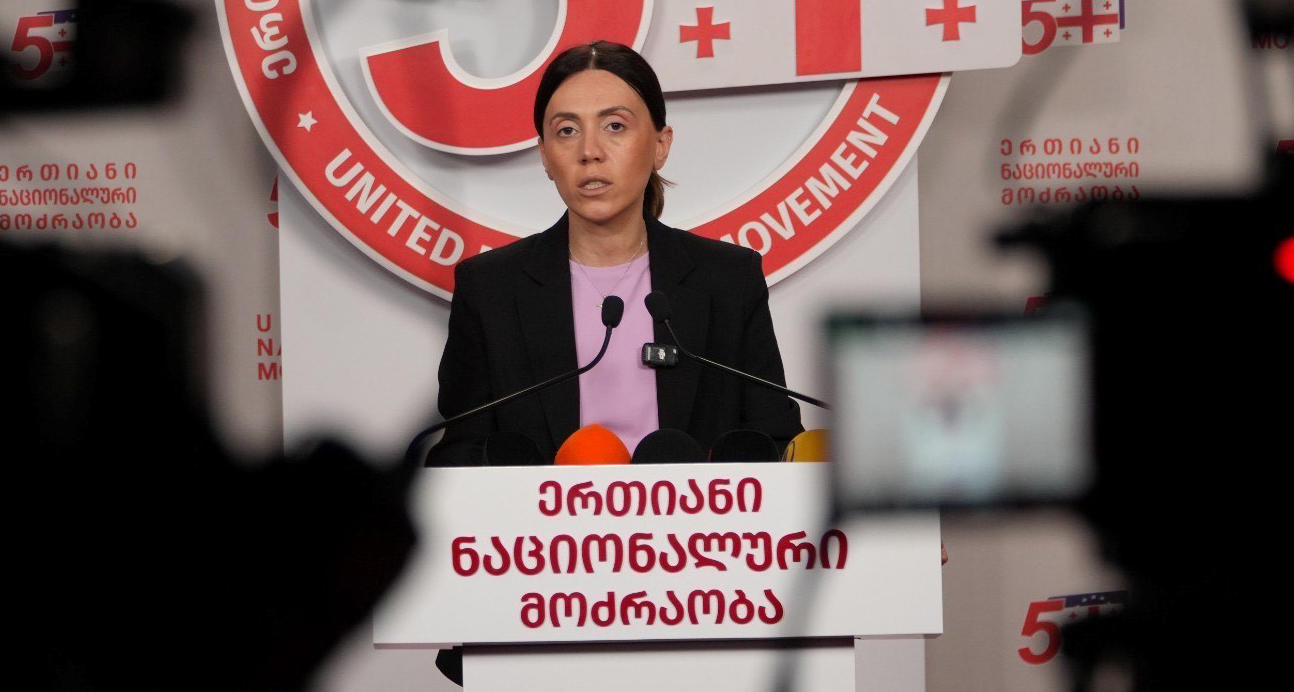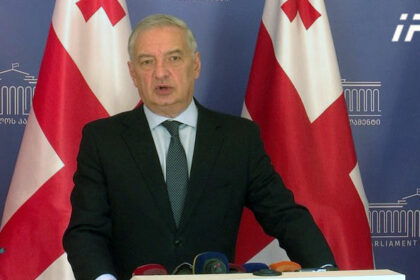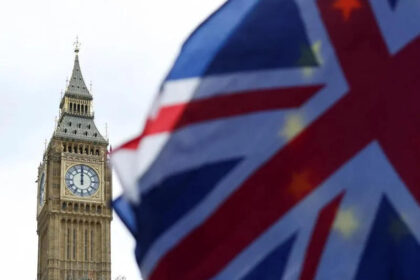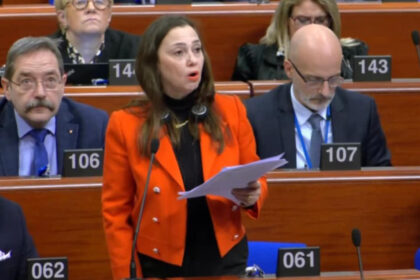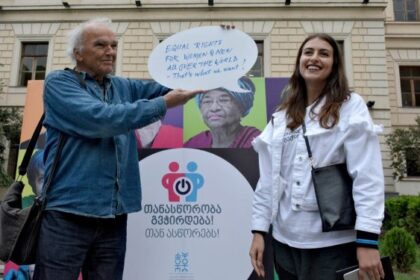**British Minister’s Meeting Sparks Fears of Stricter International Sanctions**
A high-level meeting organized by the British Minister of State has left officials and politicians in Georgia worried about the consequences for the country. The meeting, which was attended by French Minister for European Affairs, made it clear that the Georgian government’s actions are no longer acceptable to its international partners.
According to Ana Tsitlidze, a leader of the National Movement, the British meeting was a sign that the reaction from abroad will be “even stricter” than before. She pointed out that the Georgian Dream party has effectively taken control of the state and is using this power to crack down on dissenting voices. This, she said, includes arresting and torturing citizens, as well as targeting political leaders.
The meeting’s focus on Georgia was not a surprise, given the country’s recent history of democratic backsliding. The Georgian Dream party has been accused of eroding civil liberties and undermining the rule of law. Tsitlidze’s comments suggest that this trend is now being recognized by international partners, who are taking steps to hold the government accountable.
One significant development is the possibility of British sanctions against key figures in the Georgian Dream party. Last week, the British Embassy published a guide on sanctions affecting businessmen, which has been seen as a clear signal that the UK is ready to take action. Tsitlidze welcomed this move, calling for similar measures to be taken against the leaders of Georgian Dream and its founder, Bidzina Ivanishvili.
The implications of these developments are far-reaching. If the British and French do indeed impose sanctions on key figures in the Georgian government, it could mark a significant turning point in Georgia’s relations with Europe. For many Georgians, this would be seen as a victory for democracy and a sign that their country is being held accountable for its actions.
As Tsitlidze noted, such high-level meetings are always followed by concrete steps. This time around, the consequences could be severe – and potentially game-changing – for Georgia’s future.
Read More @ www.interpressnews.ge




